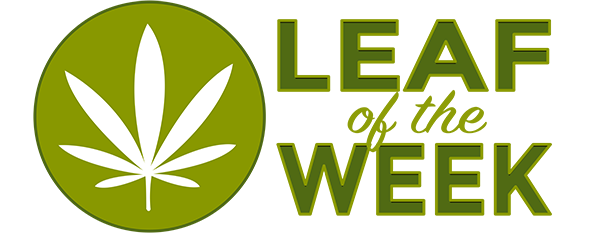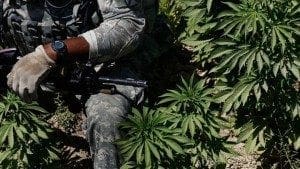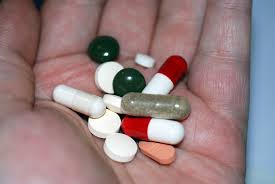Time to End a War on the Drugs that can Heal our Warriors
To make matters worse, if you are at all up to speed with the nightmare that is the Veteran’s Affairs sanctioned Hospitals, then you know our soldiers do not receive an acceptable level of care for ongoing medical issues after their return from war. We make them a promise that we will take care of them if they serve this country, and then they return to month long waits for psychiatric care and even simple surgeries. The system is broken, and only someone with a political agenda would argue it is not. Opiates are shelled out like candy to soldiers with PTSD, as if these narcotics with high potential for abuse could be the malaise for a predominately psychiatric condition.
Here is the heart of my argument this round: replace this shortsighted prescription of opiates with marijuana to treat PTSD. In Colorado this is already happening, and we can watch the quality of our veterans lives improve drastically. The data from the VA office shows high rates of suicide and other crippling psychiatric disorders being intensified by the over prescription of opiates and antidepressants. Frequently these drugs being prescribed have high potential for abuse and myriad side effects that can make life worse for vets before they make things better. I’m not saying we should entirely ignore what western medicine can offer our veterans, obviously surgery and other methods are invaluable to their healing from war. But couldn’t we replace all of these severely mind-altering substances with a natural remedy that comes from the earth and can do the same thing? And not only for our veterans, but for everyone?
Though I have no medical degree, what I do have is years of personal experience serving and speaking with Veterans from Vietnam, Afghanistan and Iraq. Not only would prescribing marijuana save millions in prescriptions and doctors fees, it would be healthier for our veterans’ livers and minds. And from what they tell me, it seems cannabis is the malaise; the genuine cure-all for almost every psychiatric symptom from which our disabled veterans seek relief.
I have spoken with four tour veterans who show me a picture of a hand full of pills they took a year ago (mainly opiates, anti-depressants and anti-psychotics), which they have now replaced with a small pipe full of flowers or a reliably dosed edible high in THC and CBD. Nothing makes me happier than to be able to connect with soldiers who have made the most harrowing sacrifices for our country. It is their stories of healing from using cannabis that make me grateful not only for their service, but that I can be of service to them with medicine that truly works. My medicine’s downside is munchies and a good nights sleep, not a book length list of side effects that can disrupt the simple ability to function in daily reality. You tell me which is worse for the people who need it most.
For more information about Marijuana and our Veterans check out these sites/articles:
http://www.veteransformedicalmarijuana.org/
http://www.rollingstone.com/politics/news/ptsd-and-pot-the-fight-to-get-veterans-some-weed-20141209







